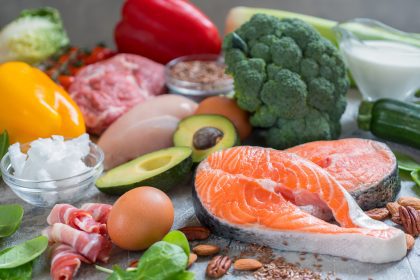The Food and Drug Administration has finally admitted that the trans fat found in many foods is unsafe and is taking their first steps toward banning the substance from numerous food products in hopes of reducing the number of heart attacks and deaths that are caused as a result of eating these foods.
Restaurants and food makers have already reduced or eliminated the amount of trans fat found in foods since 2006; however, trans fat is still present in many of the common foods we love.
The FDA believes that further reduction in the amount of trans fat in Americans’ diets could prevent 20,000 heart attacks and 7,000 deaths a year. The agency has opened a 60-day review period to take input from the food industry and other experts as it moves to regulate the use of trans fats. Any ban would likely be a gradual process with full compliance within a few years.
What is trans fat?
Trans fat is partially hydrogenated oil that is formed when hydrogen is added to liquid oils to make solid fats, like shortening and margarine. It increases the shelf life and the flavor of foods. Partially hydrogenated vegetable oil, or shortening, was used in American kitchens as early as 1911.
Many major restaurant chains virtually did away with partially hydrogenated oils in the mid-to late-2000s, according to the Center for Science in the Public Interest. McDonald’s Corp. stopped using trans fat when cooking their signature french fries back in 2003 but still offer goods such as cinnamon rolls, apple pie, cookies, hotcakes and the quarter pounder with cheese that are loaded with trans fat, according to the USDA’s nutritional database. A handful of chains such as Carl’s Jr., Hardee’s and Popeye’s still sell food that contains partially hydrogenated oil.
The removal of trans fat from processed foods including desserts, microwave popcorn products, frozen pizza, margarine and coffee creamer has been linked to a decreased risk of heart disease. Margarine is one of the major foods that will be impacted by the ban.
Other countries are also working to reduce trans fat in the food supply. Policies in Brazil, Costa Rica, Denmark, the Netherlands, South Korea and the United States have proved effective over the past two decades, the World Health Organization said in April. The WHO has called for eliminating trans fat from the global food supply.
















